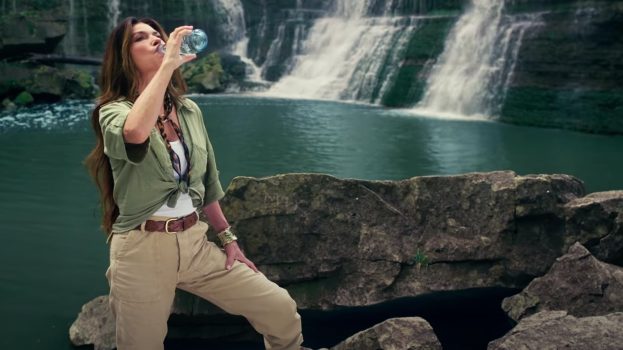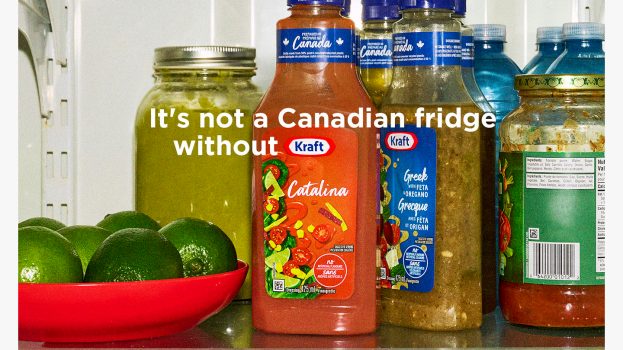Consumers are growing more concerned about their environmental footprint, including impacts caused by the products they consume. Brands are starting to respond by announcing initiatives aimed at curbing their reliance on plastic waste. This week, a series of announcements showed that major brands and retailers might have begun to take the issue more seriously.
Walmart Canada unveils a “Charter on Plastics”
On Wednesday, Walmart Canada unveiled a “Charter on Plastics” that includes commitments to reduce plastic waste across its operations.
Those efforts include replacing single-use plastic straws with paper alternatives by 2020, a move that many other companies, including A&W and IKEA, have already begun to implement.
In addition, by 2025, the retailer will aim to reduce check-out plastic bags by 50% (which it estimates will result in one billion fewer bags), will ensure packaging for its private label products is 100% recyclable, reusable or compostable and eliminate hard-to-recycle materials, such as PVC and polystyrene, from its private label products. By that same year, it will also aim to have at least 20% post-consumer recycled content in private brand packaging.
The most recent efforts follow Walmart’s previous 2016 commitment to have 100% recyclable private brand packaging by 2025.
Loop supports brands’ own efforts
At the World Economic Forum in Davos on Thursday, international recycling company TerraCycle unveiled Loop, a new shopping platform aimed at transforming the way consumers purchase brand-name products.
The platform allows companies to replace disposable packaging with sleek reusable containers that are picked up at the door, washed and then refilled – similar to the way milk once was.
A number of major companies, including some of the biggest CPG companies in the world, have signed on: P&G, PepsiCo, Nestle, Unilever, Mars Petcare, The Clorox Company, The Body Shop, Coca-Cola, Mondelez International, Danone, Nature’s Path and Greenhouse.
While Loop isn’t expected to enter Canada until the end of this year or early 2020, an initial pilot in the U.S. will see P&G offer Tide detergent in a stainless-steel bottle with a twist cap and Crest mouthwash in a glass bottle. Nestle’s Haagen-Dazs ice cream will come in a double-walled, stainless-steel tub that is not only reusable, but also keeps the product cold longer.
Loop will also give consumers – starting in Paris only – the opportunity to recycle soiled diapers by placing them in diaper containers that, once filled, are picked up, cleaned and returned. TerraCycle has already been testing the program in Amsterdam.
Nestle outlines next steps
Nestle is a frequent target of environmental activists for its water collection practices. While the company has not announced changes to those practices, it has targeted something else to reduce its environmental impact: the plastic bottles that water – and many of its other products – come in.
In addition to making some of its products available through Loop, Nestle revealed more tangible steps it will be taking to meet its April 2018 goal of reaching 100% recyclable and reusable packaging by 2025.
In December, it announced the creation of an Institute of Packaging Sciences to help develop various sustainable packaging materials for its products. In addition, between 2020 and 2025, it will phase out non-recyclable and hard-to-recycle plastics across its operations worldwide. Next month, it will begin by eliminating all plastic straws from its products.
























